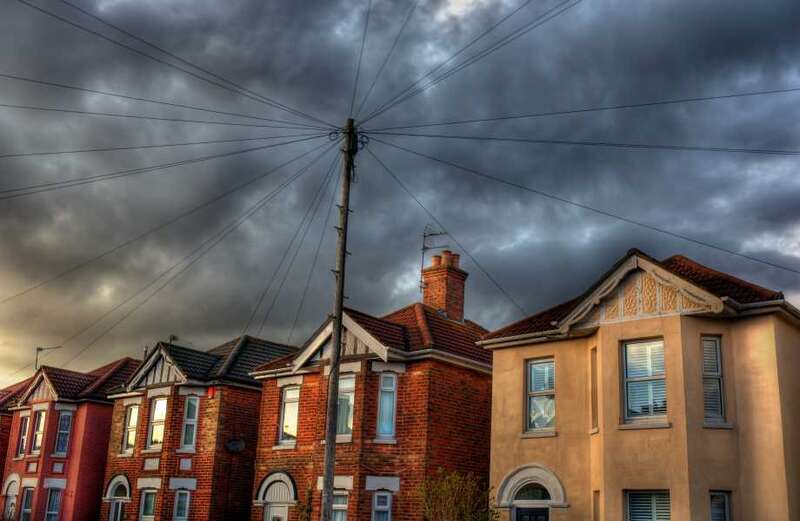HOUSEHOLDS and businesses are set to be paid to switch off or turn down their energy usage again this winter, despite a lower risk of blackouts.
The National Grid’s Winter Outlook report monitors how the UK’s energy suppliers are set up to cope during the cold months when there is greater demand for heating and electricity.

It suggests the worst of the energy crisis is behind us.
The Grid’s Electricity System Operator said that its central view is that there will be “adequate” power for the country, although it could not “completely discount the risks” of shortages.
“Given the continued uncertainty presented by the invasion of Ukraine by Russia, the ESO, as a prudent system operator, cannot completely discount risks of credible events occurring”, the ESO said.
 How to tackle thorny first date subjects… and why you should watch the waiter
How to tackle thorny first date subjects… and why you should watch the waiter
Last year there were grave concerns that the UK could be plunged into rolling blackouts as Russia’s war in Ukraine raised fears that Europe might not have enough gas to import.
But the UK avoided blackouts as energy markets continued to function with gas and electricity transferred between the UK and Europe, albeit at much higher prices.
The Grid’s plan to pay Brits to reduce their use at peak times also alleviated some of the pressure when supplies were tight.
Last winter, the so-called “Demand Flexibility Service” saved over 3,300MWh across 22 events - enough to power nearly 10 million homes.
The ESO said it would reintroduce the scheme and take it “even further and are keen for more consumers and businesses, large and small, to take advantage of this opportunity to reduce their energy bills and carbon footprint.”
How much you can earn will vary and each energy provider will have its own criteria.
For example, households could be paid to put on their dishwashers or charge their electric cars during off-peak hours.
The Grid has told regulator Ofgem that it would pay £3,000 for every MegaWatt Hour saved - which typically works out to around £3 for every unit when they shift their energy usage.
Not using a tumble dryer saves 3kWh of energy, equivalent to £1.02 of savings while a kettle would save 1.8kWh, equivalent to 61p of saving for a household.
What is the Demand Flexibility Service and how can I take part?
The Demand Flexibility Service (DFS) was set up by the National Grid.
 Secret way Tesco staff bag freebies & it’ll have you desperate to work there
Secret way Tesco staff bag freebies & it’ll have you desperate to work there
The National Grid operates Great Britain's electricity and gas supply.
The DFS is designed to prevent blackouts during high demand periods or when energy supplies are running low.
Under the service, households who use less electricity than they normally do during certain allotted hours are paid for the savings.
If you're hoping to cash in from the DFS, it will be better to turn off energy-guzzling appliances like tumble dryers appliances off.
The National Grid tells energy suppliers when they can trigger the DFS, and suppliers then contact customers asking them if they want to take part.
Currently only households with smart meters can take part in the scheme, which is facilitated by energy suppliers.
The last scheme began on November 1, 2022, and will run until March 2023.
It's not clear yet when the scheme will start and which suppliers will be taking part - not all offered the DFS last year.
Usually you'll have to sign up directly with your supplier to take part, if it's part of the scheme.
Then they contact you via email or text about when you can take part in the service.
Each energy provider has its own eligibility criteria to take part in the scheme though and how much you can earn will vary.
Here is a full list of energy firms that took part in DFS last year.
